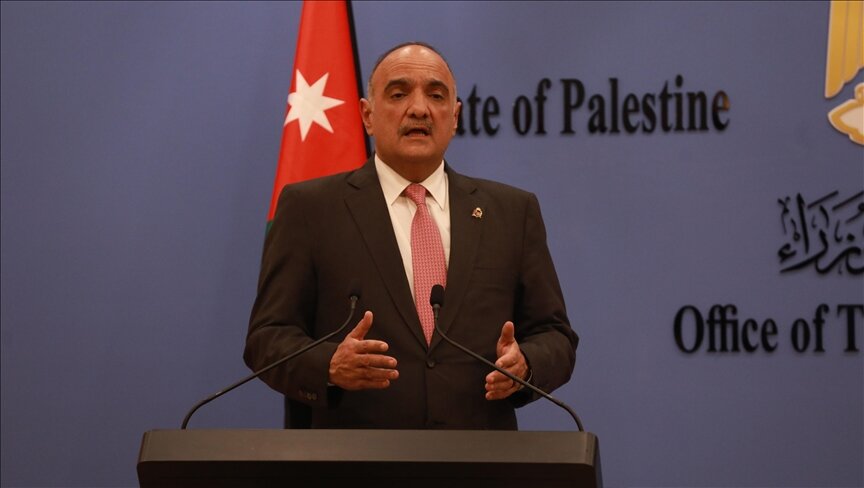Amman seeks good relations with Tehran: Jordan PM

TEHRAN — Awf al-Khasawneh, Jordan’s Prime Minister, says his country is looking for good relations with Iran.
In an interview with BBC aired on Monday, the Jordanian premier noted that Amman has never confronted Tehran as “a source of threat against Jordan’s national security.”
He pointed out that relations with Iran should be based on the norms and rules of the international system and focused on non-interference in the internal affairs of countries, respect for national sovereignty, territorial integrity and neighborly principles.
“Previously, there were many hostile statements made by Iran towards the countries of the (Persian) Gulf Cooperation Council, but the number of these statements has decreased,” al-Khasawneh noted, expressing his happiness in this regard.
Also on 29 June, Jordanian Foreign Minister Ayman al-Safadi stressed that no talks had been held on the formation of an Arab alliance with Israel to counter Iran.
He added that what was mentioned in the interview of the Jordan King’s interview with the CNBC was that the King stressed his support for the formation of an Arab defense pact.
It was natural for Jordan to “defend any joint Arab institutionalized action, whether security, defense or economy,” al-Safadi said.
The chief Jordanian diplomat dismissed as baseless reports by Western and Israeli media outlets about Tel Aviv's attempt to establish a military alliance with several Arab countries against Iran with the help of the United States.
On the other hand, al-Safadi announced, several Arab countries are conducting joint coordination prior to the U.S. president's visit to the region. He also said he was visiting Doha in the same direction to convey a message from the King of Jordan to the Emir of Qatar.
Elsewhere in the interview, al-Safadi called the issue of Palestine a fundamental issue.
Concluding his interview, the Jordanian foreign minister highlighted that all Arab countries seek to establish good relations with Iran, and “to reach this stage, we must eliminate the causes of tension through dialogue.”
In an interview with CNBC on June 24, King Abdullah II of Jordan said he would support the formation of a Middle East military alliance similar to NATO, and that it can be done with countries that are like-minded.
“I’d like to see more countries in the area come into that mix,” he said.
“I would be one of the first people that would endorse a Middle East NATO,” Abdullah said.
He added, “The mission statement has to be very, very clear. Otherwise, it confuses everybody.”
The Jordanian king noted, “I’m hoping what you’re seeing in 2022 is this new vibe, I guess, in the region to say, ‘how can we connect with each other and work with each other’.”
While Iran has been vocal in expressing its objection to the concept of “regional NATO”.
